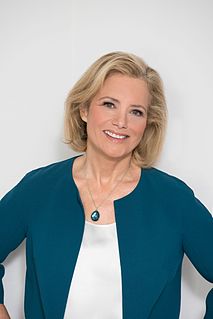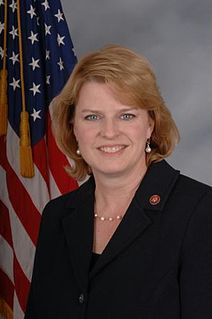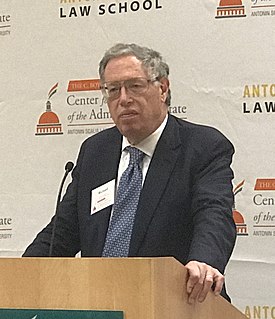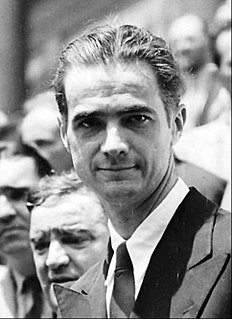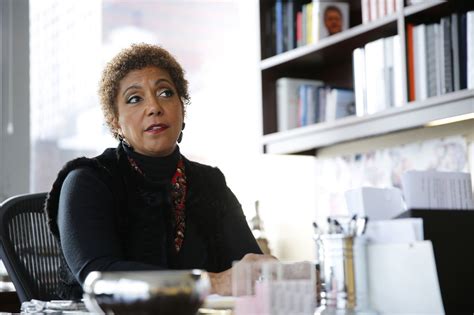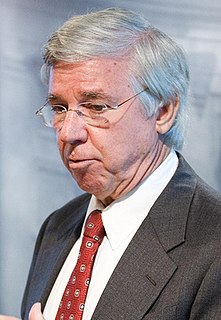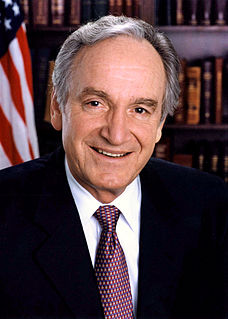A Quote by Hilary Rosen
Our profile was pretty low, deliberately so. Our constituents were a relatively small audience.
Quote Topics
Related Quotes
It's actually a relatively small number of people that really are those risk takers, and a relatively small number of people that end up really having an impact on the world, and it doesn't take a lot of people. We said, 'Well, rather than just sit by and wait, or fold our tent and go do something else, let's keep at it. Maybe we can be the ones who can figure this out,' and eventually we were.
America's greatness is due in no small measure to our system of government, in which power and authority are deliberately divided. The separation of powers is not a mere "technicality." It is the centerpiece of our Constitution. Our freedoms depend upon it in the future, just as they have in the past.
The essence and foundation of House of Commons debating is formal conversation. The set speech, the harangue addressed to constituents, or to the wider public out of doors, has never succeeded much in our small wisely-built chamber. To do any good you have got to get down to grips with the subject and in human touch with the audience.
I thought I should try something relatively inexpensive, relatively contained, relatively small. I started working on a feature, a film I'd still like to make: a very talky film of people and ideas about our contemporary state with regard to relationships, marriage, sex, and romance. I started trying to educate myself about filmmaking.
The burning issue of our time is the growing inequality in income and wealth in our country, and it's got to be addressed. We've got to stop it. It's eroding our politics. It's separating our society into the haves and the have-nots. It's condemning a whole younger set of our population to not be able to enter the middle class. And, it hits hardest in the prairie areas of the United States, our small towns and communities, where the jobs just aren't available and the incomes are low.
Our friendship was like our writing in some ways. It was the only thing that was interesting about our otherwise dull lives. We were better off when we were together. Together we were a small society of ambition and high ideals. We were tender and patient and kind. We were not like the world at all.
